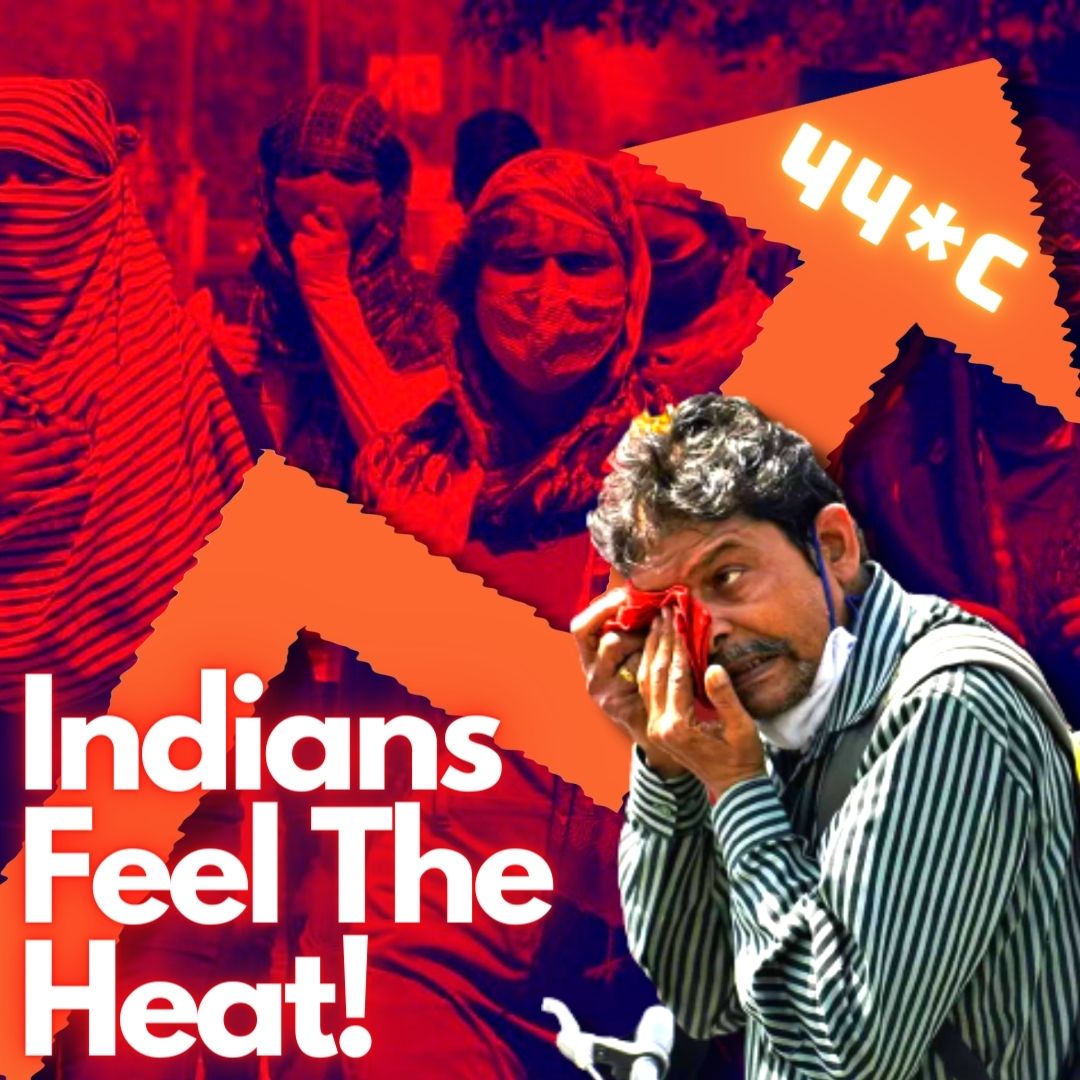
Image Credit: ZeeNews, Moneycontrol (Representational)
India
Feel The Heat! Brutal Heatwave In India Leaves Millions Struggling To Cope
 |
|This year, summer began early with high temperatures from March itself - the average maximum temperatures for the month being the highest in the past 122 years.
The India Meteorological Department (IMD) issued a heatwave warning for numerous states in India so early, increasing concerns among public health experts. The country has already recorded its hottest March and is now setting high temperatures in some parts of northern India that are expected to touch 46 degrees celsius.
The increasing temperature in the National Capital is also set to move around 44-45 degrees celsius, quickly approaching the record temperature for the month of April.
Heatwaves Drive Indians Crazy
Heatwaves are relatively common in India during summers, especially during the months of May and June. This year, summer began early with high temperatures from March itself - the average maximum temperatures for the month being the highest in the past 122 years. Heatwaves also kickstarted setting in during the month as well, reported news outlet BBC.
The Centre for Science and Environment, a think tank, claimed that the early heatwaves had affected approximately 15 states this year, which also includes the northern state of Himachal Pradesh. This current week has seen the mercury levels in Delhi go up drastically and is expected to cross 44 degrees celsius.
Burning Times!
Senior IMD scientist, Naresh Kumar, has attributed this ongoing heatwave in parts of India to the local atmospheric factors.
The main one was weak western disturbances, storms that originated in the Mediterranean region and resulted in shorter pre-monsoon rainfall in central and north-western India. Furthermore, another factor for the mercury spike in the country is reportedly due to Anticyclones, a part of the high atmospheric pressure where the air sinks - which also led to hot, dry weather over parts of western India in March.
Farmers have been stating that the unexpected spike in temperature has affected their wheat harvest. This development could also have significant global consequences as well, given the depleted supply disruptions amid the ongoing Ukraine war.
The increasing temperatures have also triggered increased power demand, leading to multiple outages in numerous states and scares of a coal shortage also.